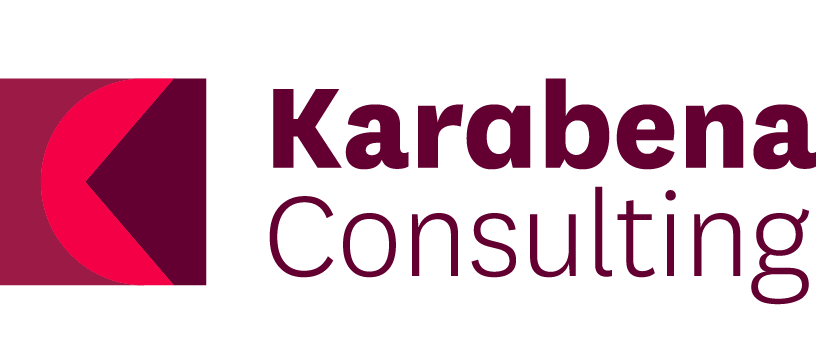Victorian Aboriginal Early Years Framework
Victorian Department of Health
Who funded the project
In 2023, the Victorian Government committed to integrating Aboriginal and Torres Strait Islander knowledge in antenatal, Maternal and Child Health (MCH), and early parenting services to strengthen the early years health sector for Aboriginal and Torres Strait Islander children and families in Victoria from preconception to school age.
Karabena Consulting (Karabena) was engaged by the Victorian Department of Health (DH) to undertake an extensive Aboriginal-led co-design and participation process to inform the development of a Victorian Aboriginal Early Years Framework 2024-2031 (the Framework). The Framework establishes a vision for strengthening early years services across health, wellbeing, learning and language domains for Aboriginal and Torres Strait Islander children and families living in Victoria.
To achieve the project’s aims, Karabena established a robust evidence base through a Literature Review, consultations with key stakeholders, and a community consultation report. Based on the findings from these data sources, Karabena drafted an initial Framework which was refined through co-design and feedback workshops with DH, the Victorian Aboriginal Community Controlled Health Organisation (VACCHO), and the Aboriginal Advisory Group – Early Years Health (AAG).
The final Framework was submitted to DH in August 2024.
Summary
The main aim of the project was to develop an Aboriginal Early Years Framework that sets out the vision, outcomes, guiding service principles, priority areas, and actions to ensure integrated, seamless continuity of care and holistic health supports across antenatal, MCH and early parenting for Aboriginal children and families. Ultimately, it is intended that this will deliver improved health, wellbeing, and developmental outcomes.
Project Aims
To achieve the project aims, Karabena:
Undertook a comprehensive literature review that established and synthesised evidence-based strategies of best practice in health strategies and initiatives for Indigenous peoples, both nationally and internationally. This review drew upon academic research, state and federal government legislation and initiatives, and national and international case studies that informed opportunities for the Framework’s success.
Consultations were also conducted with over 90 stakeholders across Victoria. Stakeholder engagement included:
Two statewide online workshops with a broad range of stakeholders, including - Victorian Aboriginal Community Controlled Health Organisation (VACCHO), General Practitioners (GPs); Koori Maternity Services (KMS); Aboriginal Maternal Child and Health (AMCH), Intensive Social Emotional Wellbeing (SEWB) Services; Hospital Based Services and Paediatrics: Academic, Research and Community Leaders; Nutrition Health Promotional Services; Hearing and Oral Health Services; Healthcare and Allied Health Services.
Regional workshops with service providers, and regional forums with parents and carers in -
Southeast Metropolitan (Frankston, Nairm Marr Djambana)
East Metropolitan (Mitcham, Mullum Mullum)
West Metropolitan (Wyndham Vale, Wunggurrwil Dhurrung Centre)
North Metropolitan (Heidelberg West, Barrbunin Beek)
Geelong Region (Geelong, Narana Aboriginal Cultural Centre)
Horsham Region (Horsham, Goolum Goolum)
Echuca Region (Echuca, Berrimba Child Care Centre)
Shepparton Region (Shepparton, Quality Hotel Parklake)
The findings from this stakeholder engagement were summarised in a community consultations report, and directly informed the development of the Framework, ensuring the Guiding Principles and Priorities respond directly to identified needs of the Victorian Aboriginal and Torres Strait Islander Community.
Methodologies
The key outputs of this project were:
The Victorian Aboriginal Early Years Framework Literature Review,
The Victorian Aboriginal Early Years Framework Workshop and Forum Summary Reports,
The Victorian Aboriginal Early Years Framework 2024-2031.
Outputs
The Framework is under review by the DH, and will inform policy and a shared commitment to ensure that Victorian Aboriginal and Torres Strait Islander children, families, and carers thrive and flourish in their engagement with culturally informed, coordinated, and responsive early years services. This will be achieved through the Framework’s:
• Guiding Principles,
• Priorities,
• Action Areas,
• Enablers,
• and Monitoring and Evaluation Strategies.
Project Outcomes
Victorian Aboriginal Early Years Framework
Aboriginal and Torres Strait Islander children
Cultural Safety in Health Services
Early Years
Aboriginal and Torres Strait Islander families
Antenatal and Maternal Health
Community Co-Design
Health and Wellbeing Outcomes
